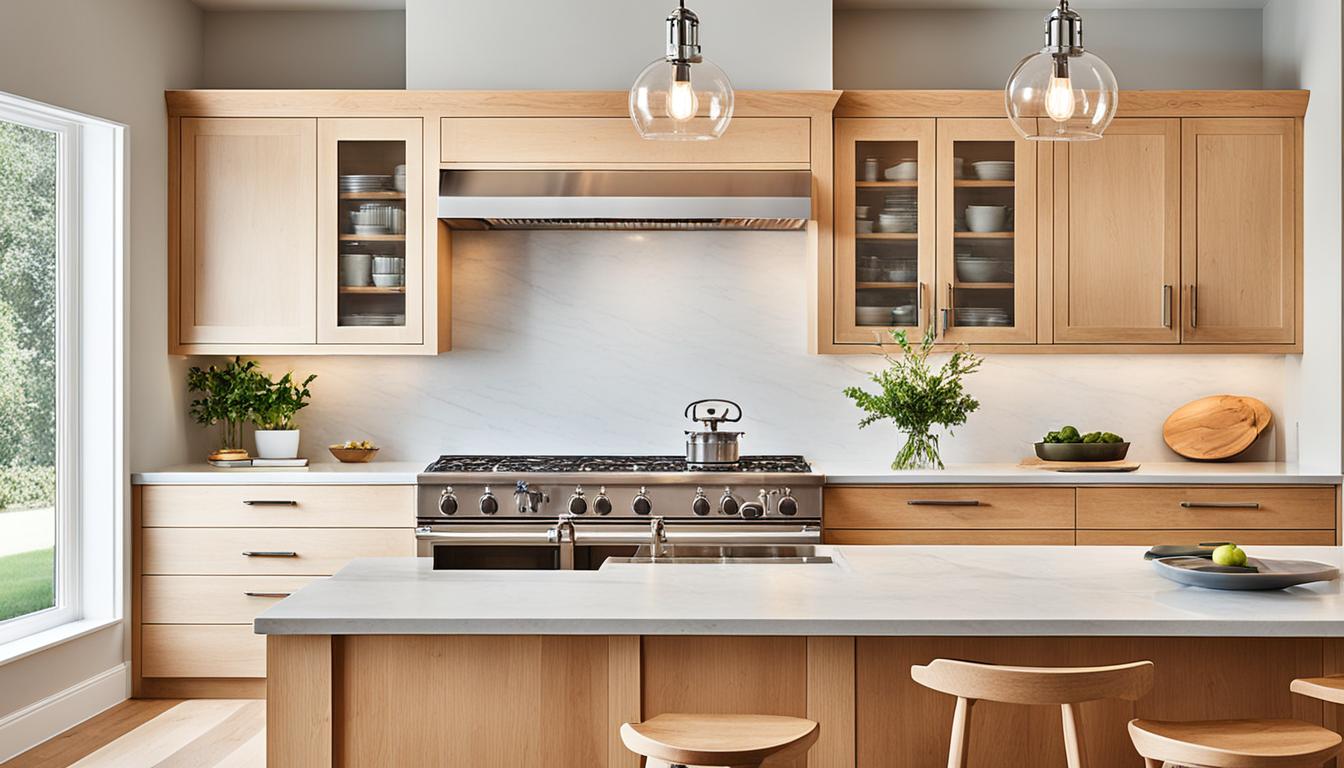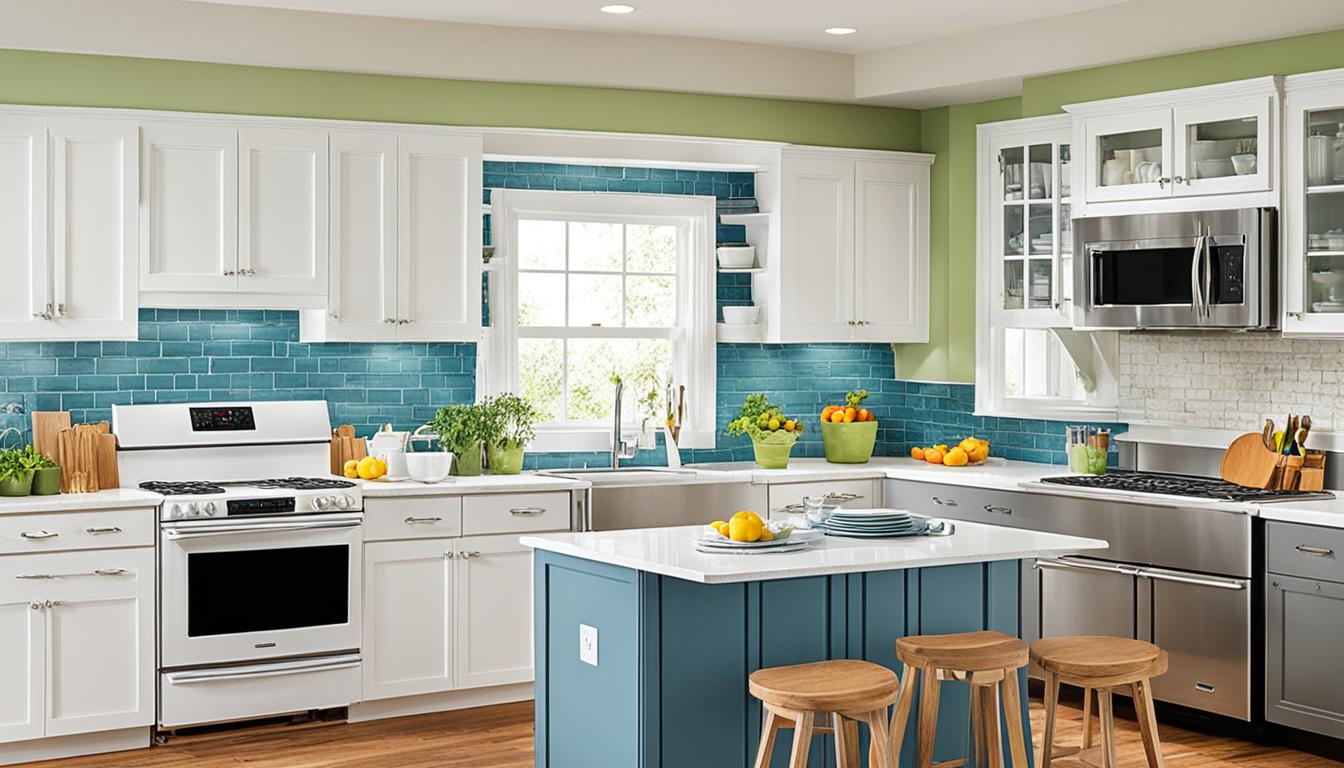Choosing the right flooring for your home is a crucial decision that impacts the aesthetics, functionality, and overall value of your space. Vinyl flooring and tiles are two popular options, but they cater to different needs, budgets, and lifestyles. In this guide, we’ll dive deep into every aspect—materials, durability, installation, cost, and more—to help you make an informed decision.
1. Overview: What Are Vinyl Flooring and Tiles?
Vinyl Flooring
Vinyl flooring is a synthetic flooring material that has evolved significantly over the years. Today’s options, such as Luxury Vinyl Planks (LVP) and Luxury Vinyl Tiles (LVT), closely mimic natural materials like wood or stone.
Key Features of Vinyl Flooring:
- Material Composition: Made from layers of PVC, with a protective wear layer, a printed design layer, and a backing for durability.
- Design Versatility: Offers a wide range of patterns and textures, from realistic wood grains to stone and ceramic looks.
- Waterproof and Resilient: 100% waterproof, making it suitable for kitchens, bathrooms, and basements.
- Ease of Installation: Available in peel-and-stick, click-lock, or glue-down options, ideal for DIY projects.
Tiles
Tiles are made from natural or manufactured materials like ceramic, porcelain, or natural stone. Known for their durability and timeless appeal, tiles have been a top choice for centuries.
Key Features of Tiles:
- Material Composition: Can be ceramic (baked clay), porcelain (denser and more durable), or natural stone (granite, marble, etc.).
- Classic and Luxurious: Offers a high-end look with various finishes—matte, glossy, or textured.
- Durable and Heat-Resistant: Perfect for high-traffic areas and spaces exposed to heat, such as kitchens.
2. Comparing Durability and Longevity
Vinyl Flooring
- Wear and Tear: Designed to handle moderate traffic. High-quality options with thicker wear layers resist scratches and dents.
- Water Resistance: Completely waterproof, making it ideal for moisture-prone areas like bathrooms or basements.
- Longevity: Typically lasts 10–20 years with proper care. However, it may show wear in high-traffic areas over time.
Tiles
- Wear and Tear: Extremely durable. Porcelain and stone tiles can withstand heavy traffic without showing signs of wear.
- Water Resistance: Glazed ceramic and porcelain tiles are water-resistant, while natural stone may require sealing.
- Longevity: Can last over 50 years when properly maintained, making them a long-term investment.
Expert Verdict: Tiles are better for long-term durability, while vinyl excels in areas prone to water damage and for budget-conscious homeowners.
3. Aesthetic Appeal: How Do They Look?
Vinyl Flooring
- Realistic Designs: Modern technology allows vinyl to mimic hardwood, stone, and ceramic textures with incredible realism.
- Colors and Patterns: Available in a vast array of colors and designs to suit contemporary, rustic, or minimalist interiors.
- Soft Appearance: Provides a warmer and softer look compared to the hard finish of tiles.
Tiles
- Timeless Elegance: Tiles bring a classic and upscale appearance, with natural variations in stone tiles offering uniqueness.
- Customizable Layouts: Create patterns like herringbone, mosaic, or checkerboard.
- Surface Finish Options: Choose from polished, matte, or textured finishes for specific effects.
Expert Tip: If you want luxury and timeless elegance, choose tiles. For budget-friendly versatility, vinyl is an excellent alternative.
4. Installation: DIY vs. Professional
Vinyl Flooring
- DIY-Friendly: Simple installation options like peel-and-stick or click-lock systems make it a favorite for DIYers.
- Tools Needed: A utility knife, tape measure, and spacers are often enough.
- Subfloor Prep: Requires a clean, smooth subfloor for proper adhesion.
- Time: Installation can be completed in a few hours, even for larger rooms.
Tiles
- Professional Installation: Due to cutting, grouting, and leveling, tile installation often requires professional expertise.
- Subfloor Prep: Needs a sturdy, level subfloor to prevent cracking.
- Time: Installation can take several days, especially for intricate patterns.
- Tools Needed: Tile saws, spacers, grout float, and a trowel.
Expert Verdict: Vinyl flooring is the go-to choice for easy, quick installations, while tiles require more time and professional skills.
5. Maintenance: Keeping Your Floors Beautiful
Vinyl Flooring
- Cleaning: Easy to maintain with regular sweeping and occasional mopping using a mild cleaner.
- Repairs: Damaged planks or tiles can often be replaced individually.
- Care Tips: Use furniture pads to avoid dents; avoid dragging heavy objects.
Tiles
- Cleaning: Mop with warm water; grout lines may require scrubbing to prevent discoloration.
- Repairs: Cracked tiles are challenging to replace and may require professional help.
- Care Tips: Seal natural stone tiles annually to protect against stains.
Expert Tip: Choose vinyl for low-maintenance convenience, while tiles require additional care for grout lines and natural stone.
6. Cost Comparison: Budget vs. Investment
| Feature | Vinyl Flooring | Tiles |
|---|---|---|
| Material Cost | $2–$7 per sq. ft. | $3–$15+ per sq. ft. |
| Installation Cost | $1–$3 per sq. ft. | $5–$15 per sq. ft. |
| Lifetime Cost | Moderate (shorter lifespan, easier replacement) | High (long lifespan) |
7. Sustainability and Eco-Friendliness
Vinyl Flooring
- Material: Made from synthetic materials, often non-renewable.
- Recyclability: Difficult to recycle; may release VOCs if not certified.
Tiles
- Material: Natural materials like clay and stone are eco-friendly.
- Recyclability: Easy to recycle and highly sustainable.
Expert Verdict: Tiles are the eco-friendlier choice, especially natural stone or recycled ceramic options.
8. FAQs: Vinyl Flooring vs. Tiles
1. What is the main difference between vinyl flooring and tiles?
Vinyl flooring is a synthetic, flexible material that mimics natural surfaces like wood or stone and is waterproof. Tiles, on the other hand, are rigid and made from ceramic, porcelain, or stone, offering superior durability and timeless aesthetics.
2. Which is more durable: vinyl flooring or tiles?
Tiles are more durable, with a lifespan exceeding 50 years when properly maintained. Vinyl flooring typically lasts 10–20 years but is more prone to wear in high-traffic areas.
3. Can vinyl flooring be installed in high-moisture areas like bathrooms?
Yes, vinyl flooring is 100% waterproof, making it an excellent choice for bathrooms, basements, and other moisture-prone areas.
4. Are tiles slippery when wet?
Glazed tiles can be slippery when wet. To improve safety, opt for matte or textured finishes or choose tiles specifically designed with anti-slip properties.
5. Which flooring is easier to install: vinyl or tiles?
Vinyl flooring is much easier to install, especially with peel-and-stick or click-lock systems, making it a great option for DIY enthusiasts. Tile installation is more complex and typically requires professional help.
6. How do I clean and maintain vinyl flooring?
Vinyl flooring is low maintenance. Simply sweep regularly to remove debris and mop with a damp cloth and mild cleaner. Avoid abrasive tools that may damage the surface.
7. How do I clean and maintain tiles?
Tiles are easy to clean with warm water and a mop. However, grout lines may require periodic scrubbing and sealing to prevent discoloration. Natural stone tiles should be resealed annually.
8. Which is better for pets: vinyl flooring or tiles?
Both are good options, but vinyl flooring has a slight edge for pets. It is softer underfoot, quieter, and resistant to scratches from pet claws, while tiles are harder and may feel cold.
9. Can vinyl flooring mimic the look of tiles?
Yes, modern Luxury Vinyl Tiles (LVT) can closely replicate the appearance of ceramic or stone tiles, offering a similar aesthetic at a lower cost.
10. Is vinyl flooring eco-friendly?
Vinyl flooring is less eco-friendly than tiles because it is made from synthetic materials that are difficult to recycle. However, some manufacturers offer low-VOC and recycled vinyl options for a greener choice.
11. Are tiles good for radiant heating systems?
Yes, tiles work exceptionally well with radiant heating systems because they conduct and retain heat efficiently, making them a popular choice for heated floors.
12. Which is more cost-effective: vinyl or tiles?
Vinyl is generally more affordable, both in material and installation costs. Tiles have a higher upfront cost but offer greater durability, making them a better investment for long-term use.
13. Can I repair damaged vinyl flooring or tiles?
- Vinyl Flooring: Individual planks or tiles can often be replaced, but repairs are limited if the damage extends to the subfloor.
- Tiles: Cracked tiles can be replaced, but matching older designs may be difficult. Grout repairs may also be necessary.
14. Which flooring adds more value to a home?
Tiles typically add more value to a home due to their durability, timeless appeal, and luxurious look. Vinyl flooring is a good budget-friendly option but may not have the same impact on resale value.
15. How do I choose the right flooring for my space?
Consider the following:
- Budget: Vinyl is more affordable.
- Aesthetics: Tiles offer a timeless, high-end look.
- Functionality: Vinyl is softer and waterproof; tiles are more durable and heat-resistant.
- Installation: Vinyl is DIY-friendly, while tiles require professional installation.
16. Can I install vinyl flooring over tiles?
Yes, vinyl flooring can be installed over existing tiles as long as the tile surface is clean, level, and free of cracks. A leveling compound may be required for uneven surfaces.
17. Is tile flooring cold to walk on?
Tiles can feel cold underfoot, especially in colder climates. Pairing tiles with area rugs or radiant heating can enhance comfort.
18. Can I use vinyl or tiles for outdoor spaces?
- Vinyl Flooring: Not suitable for outdoor use as prolonged exposure to sunlight and extreme weather can damage it.
- Tiles: Porcelain or natural stone tiles are excellent choices for patios and outdoor spaces due to their durability and weather resistance.
19. Are vinyl and tiles safe for allergy sufferers?
Yes, both options are hypoallergenic as they do not trap dust, pollen, or pet dander. However, tiles may have an advantage because grout lines can be sealed to reduce allergen accumulation.
20. Where can I get expert help for choosing and installing flooring?
At Shaker Cabinets, we specialize in high-quality flooring and cabinetry solutions. Contact us for professional advice, premium products, and expert installation services to make your project a success!
9. Conclusion: Vinyl Flooring vs. Tiles
Both options are excellent, but the choice depends on your priorities:
- Choose Vinyl Flooring if you want an affordable, DIY-friendly option for modern aesthetics and waterproofing.
- Choose Tiles if you prioritize durability, luxury, and long-term value.
Need Help Making the Right Choice? At Shaker Cabinets, we specialize in premium flooring and cabinetry solutions. Contact us today for personalized advice and exclusive product recommendations tailored to your home’s needs!











